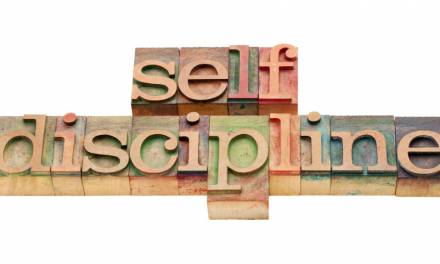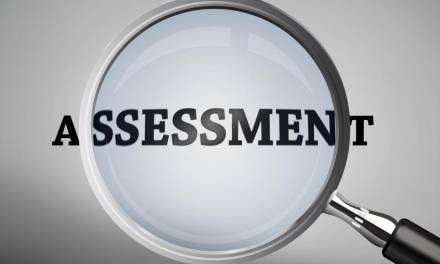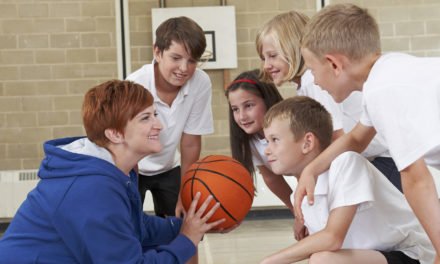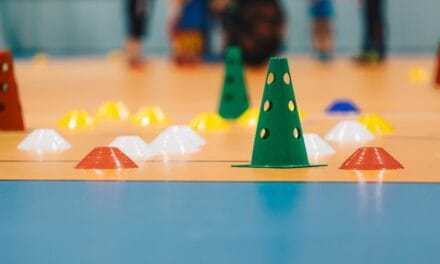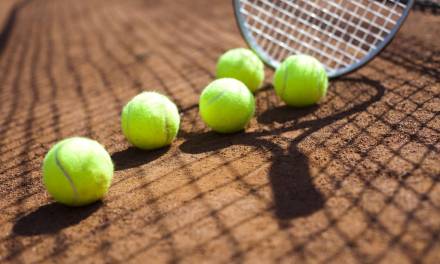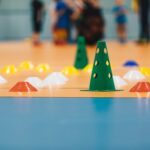Ongoing research indicates that schools are grappling with rising disciplinary issues, while at the same time society is struggling to understand the complex factors that are creating fresh generations of disaffected youth.
The number of primary school suspensions for assaults are rising, and as of summer 2017, the number of children being expelled from schools hit a record 35 a day.
Poor parental discipline is leading to children always wanting their way. Unable to discipline children without a comeback has meant this situation… will escalate and good teachers will be driven out when they are most needed
Sport can and should serve as a powerful tool for self-discipline – not only helping children with behavioural problems in the classroom, but also boosting focus, academic achievement and in-classroom engagement.
Let’s explore just what how powerful a 21st century teaching tool sports can truly be…
Sports can be an outlet of frustrations and a source of focus
Aggressive behaviour is rising and rising unabated – in the face of which students need an outlet for their frustrations, and a focus that makes them feel good in the process.
Once a sport has been embraced, a child learns to keep their commitments to practice sessions, games, and training, and they will face situations where they choose their goal – progressing at sport – over things that become less important.
Goals form the basis of self-discipline
Having goals to aim for are essential if a child is to develop their self-discipline, and when goals are achieved the student gets to see first-hand the cause and effect of voluntarily sticking with their efforts.
However, goals should always be attainable, not imposed from above, and tracked and monitored to demonstrate progress. Regular meetings to discuss progress will help to keep students motivated.
Extracurricular sports can foster in-classroom discipline
Beyond the restrictive weekly hours of PE, truly engaged students who develop a passion for sport should be given the opportunities to partake in extracurricular sports.
This means reviewing what after school clubs are running and whether they reflect the interests and demands of your current students. It should also mean that the role of the PE teacher extends to networking with local sports clubs, facilities, tracks and clubs – the truly self- disciplined student will invest their own time in sports without ongoing school involvement.
By time they reached the fourth grade, kids who played structured sports were identifiably better at following instructions and remaining focused in the classroom. There is something specific to the sporting environment — perhaps the unique sense of belonging to a team to a special group with a common goal — that appears to help kids understand the importance of respecting the rules and honouring responsibilities.
Coaches become a genuine positive influence
Studies have shown how sports coaches can be positive, powerful influences on a child’s life, even more so in some instances as compared to teachers and parents.
Don’t underestimate this prospect – invest time in understanding the dynamics of this relationship (the book The Art of Empowering Children, by coach and teacher John Graybeal is a great starting point in this respect).
The desire to be good at a sport and be better than their peers is an excellent motivator for children. Managed competition is a healthy way to introduce a strong mentality and desire for self-improvement. After all, sporting excellence can only be achieved through the self-discipline of training, practice and performance management.

